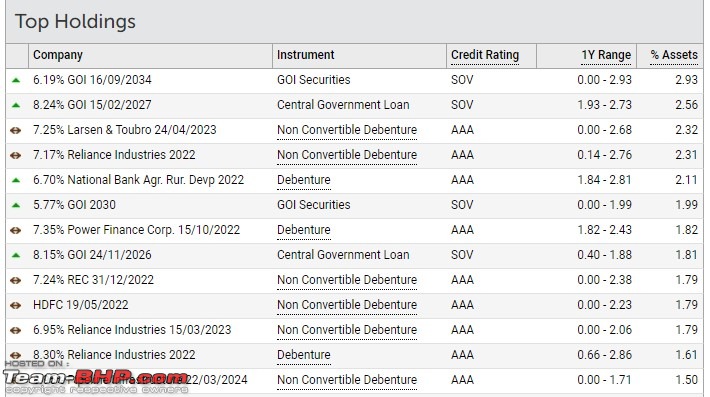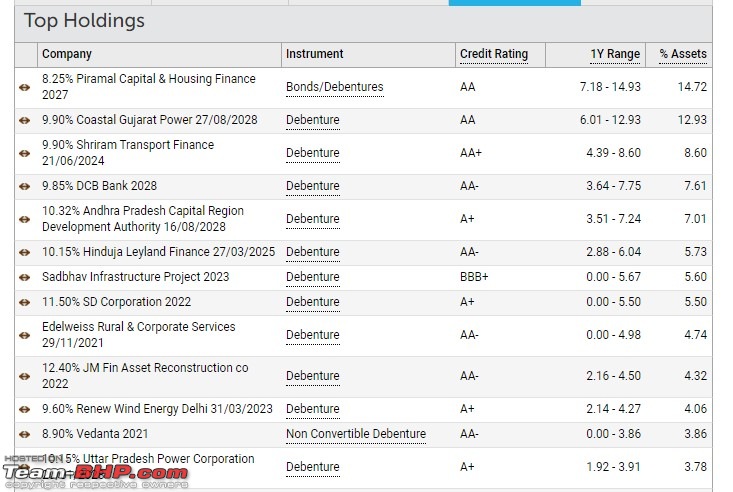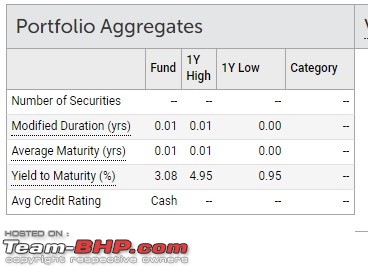| | #16 |
| Team-BHP Support  | |
| |  (4)
Thanks (4)
Thanks
|
| |
| | #17 |
| BHPian Join Date: Apr 2010 Location: Cochin
Posts: 204
Thanked: 198 Times
| |
| |
| | #18 |
| BANNED Join Date: Mar 2007 Location: Kolhapur
Posts: 1,717
Thanked: 1,901 Times
| |
| |  (1)
Thanks (1)
Thanks
|
| | #19 |
| BHPian Join Date: Mar 2019 Location: Kottayam
Posts: 438
Thanked: 1,632 Times
| |
| |
| | #20 |
| Team-BHP Support  | |
| |  (7)
Thanks (7)
Thanks
|
| | #21 |
| BHPian Join Date: Mar 2013 Location: Bangalore
Posts: 331
Thanked: 1,219 Times
| |
| |
| | #22 |
| Team-BHP Support  | |
| |
| | #23 |
| BHPian Join Date: Mar 2014 Location: Mumbai
Posts: 187
Thanked: 523 Times
| |
| |
| | #24 |
| Team-BHP Support  | |
| |  (1)
Thanks (1)
Thanks
|
| | #25 |
| BHPian Join Date: Nov 2019 Location: Chennai
Posts: 32
Thanked: 47 Times
| |
| |
| | #26 |
| Team-BHP Support  | |
| |  (4)
Thanks (4)
Thanks
|
| |
| | #27 |
| BHPian Join Date: Sep 2015 Location: Bangalore
Posts: 164
Thanked: 224 Times
| |
| |
| | #28 |
| Team-BHP Support  | |
| |  (1)
Thanks (1)
Thanks
|
| | #29 |
| BHPian Join Date: Mar 2014 Location: Mumbai
Posts: 187
Thanked: 523 Times
| |
| |  (1)
Thanks (1)
Thanks
|
| | #30 |
| BHPian Join Date: Aug 2020 Location: Mumbai
Posts: 82
Thanked: 398 Times
| |
| |  (1)
Thanks (1)
Thanks
|
 |
Most Viewed











